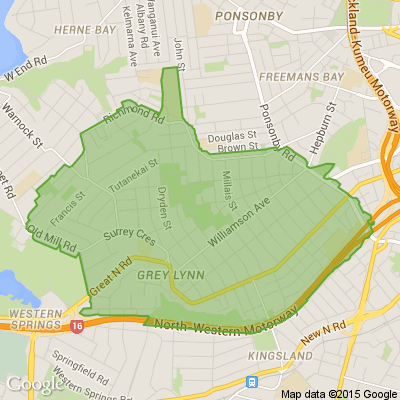Make your family aware: Scam posing as officers returns
A phone scam is re-emerging with cold calling swindlers claiming to be Police officers.
New Zealand Police are advising the public to be vigilant, after a handful of reports have been made in recent days. Unfortunately, at least two elderly Aucklanders have been conned out of tens of thousands of dollars.
Waitematā CIB’s Detective Senior Sergeant Ryan Bunting says scammers are cold calling, mainly on landlines, and claim to be a Police officer.“They will also provide a fake ID or badge number to make their call seem legitimate,” he says.“This person will carry on and provide a reason for their call: either they are investigating fake bank notes, or that your credit card has been cloned.
“As part of this scam, they will ask you to withdraw money from a nearby bank to be collected or ask you to provide further financial or banking information to aid their investigation.”
Be aware: this is a scam call.
Police are investigating two reports this week, in south Auckland and the North Shore, where two people have fallen victim to the scam. “Both victims withdrew cash from a bank and handed this over to someone who arrived at their door to collect it under the fake cover story,” Detective Senior Sergeant Bunting says.“These victims have had their good-will and trust trodden on by these scammers.”
Investigation staff have ensured there is support available for the victims. Detective Senior Sergeant Bunting says: “Scammers have no ethics whatsoever and will take any opportunity to try and con you.“These scams take many forms, and the offenders trick people under a variety of guises or storylines.”
There are occasions where legitimate Police officers will contact people as part of their duties, he says.
Police are asking the community to be aware and take the opportunity to spread the word amongst friends and family members. “We are particularly keen to ensure elder family members are aware of what is happening,” Detective Senior Sergeant Bunting says. “If anyone receives a call of this nature, hang up.
“If you have had the unfortunate position of being a victim to this scam and have not reported this, we encourage you to report this to Police.”
Please remember:
- Police will never call to ask you for bank details, pin numbers or passwords
- Police do not offer prize money
- Police will not ask you to go to a bank to withdraw money
- If you receive a call out of the blue of a similar nature: challenge the caller to identify themselves, ask for their details.
- Hang up, contact 105 to verify the ID and request the officer to contact you
- If it sounds too good to be true, it probably is.

⚠️ DOGS DIE IN HOT CARS. If you love them, don't leave them. ⚠️
It's a message we share time and time again, and this year, we're calling on you to help us spread that message further.
Did you know that calls to SPCA about dogs left inside hot cars made up a whopping 11% of all welfare calls last summer? This is a completely preventable issue, and one which is causing hundreds of dogs (often loved pets) to suffer.
Here are some quick facts to share with the dog owners in your life:
👉 The temperature inside a car can heat to over 50°C in less than 15 minutes.
👉 Parking in the shade and cracking windows does little to help on a warm day. Dogs rely on panting to keep cool, which they can't do in a hot car.
👉 This puts dogs at a high risk of heatstroke - a serious condition for dogs, with a mortality rate between 39%-50%.
👉 It is an offence under the Animal Welfare Act to leave a dog in a hot vehicle if they are showing signs of heat stress. You can be fined, and prosecuted.
SPCA has created downloadable resources to help you spread the message even further. Posters, a flyer, and a social media tile can be downloaded from our website here: www.spca.nz...
We encourage you to use these - and ask your local businesses to display the posters if they can. Flyers can be kept in your car and handed out as needed.
This is a community problem, and one we cannot solve alone. Help us to prevent more tragedies this summer by sharing this post.
On behalf of the animals - thank you ❤️

Best way to use leftovers?
I'm sure you've got some excess ham at home or cold roast potatoes.
What are some of your favourite ways to use leftover food from Christmas day? Share below.







 Loading…
Loading…




